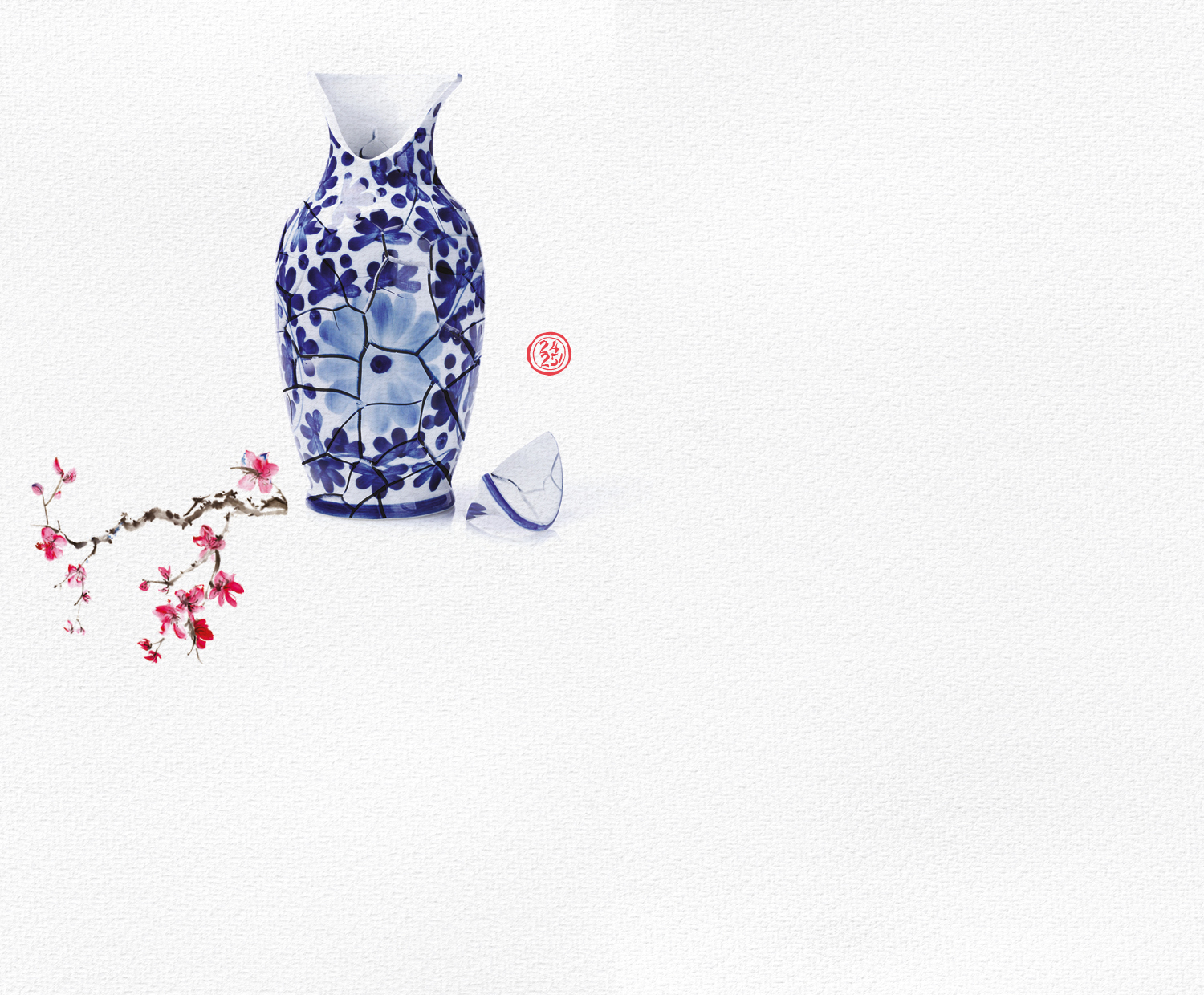
TURANDOT – ending by Franco Alfano
21 November 2024, 6:30 p.m.
In Brief
Opera in three acts with one interval, in Italian, with Hungarian, English, and Italian subtitles
The Chinese princess Turandot swears that she will not marry any man – except for the one who can solve her three-question riddle. Giacomo Puccini's final, unfinished opera tackles fairy-tale and socio-philosophical questions at the same time. The OPERA’s new production is staged by acclaimed choreographer Dóra Barta – a woman interpreting the most mysterious female title role in the world opera. Her staging approaches the work through the exciting stage language of movement and physical theatre as well as from the perspective of commedia dell'arte, from which Carlo Gozzi also drew inspiration at the time for his play on which the opera is based on. The abstract nature of the language of dance and movement helps to bring the philosophical content of the work into focus, while the aspect of power also remains important, because Turandot’s father, the emperor is not only looking for a husband for her daughter, but also for the future ruler for China…
Dancers: Ábel Asszú, Jusztina Bakonyi, Milán Földesi, Zsófia Holopovics, Roland Jónás, Fruzsina Kaiser, Attila Kercsó, Eszter Kis, Tamás Kulcsár, Máté Mező, Mátyás Csaba Nagy, László Németh, Boglárka Rudisch, Kata Stáry, Brigitta Tóth, Elisa Tóth-Insalata
Details
- Location
- Hungarian State Opera
- Date
- Nov. 21, 2024
- Start time
- 6:30 p.m.
- End time
- 9:30 p.m.
Synopsis
Act I
The crowd gathering for another execution listen to the announcement of the Mandarin with fear and excitement: Turandot, daughter of Emperor Altoum will only marry if a suitor of noble blood can answer three of her riddles. Should a suitor accept the challenge, there is no turning back, the consequence of a failure is death. The latest victim of the harsh sentence is a prince from Persia, and the people await the rising of the moon when the beheading will take place. In the commotion, a servant girl tries to aide an old man until a younger man offers his help. He is none other than Prince Calàf in disguise, on the run from his enemies, whereas the old man is his father, Timur, the banished ruler of the Tartars whom the faithful servant Liù has not abandoned in exile. When asked by the Prince who she is and why she helps his father, Liù explains that once Calàf smiled at her and she would never forget that moment. The moon rises on the horizon, the ecstatic crowd demands the execution to begin. However, when the Persian prince appears, they are moved by his noble sorrow and beg Turandot for mercy. She is unyielding. By seeing the Princess, Calàf announces himself as suitor. None of the warnings of Timur, Liù, and the three ministers entering the scene suddenly can sway him. Calàf sounds the gong to signify that he is ready to take up the challenge.
Act II
Ping, Pang, and Pong, the three imperial ministers moan about Turandot’s riddles that result in bloody executions one after the other. They hope that love can triumph at last, and peace will prevail. Still, they are about to prepare for both eventualities: marriage or beheading. They reminisce how many have fallen over the years and how many executions they were forced to organise instead of enjoying their days in their native provinces. The crowd gathers at the palace to witness if the unknown suitor can solve the riddles. Princess Turandot claims that she must take revenge on all men to avenge her violated ancestress. After the Emperor, she also warns this new suitor to give up his aspiration and not to tempt fate. Calàf is unrelenting, and to everyone’s astonishment, he solves all three riddles. The crowd is jubilant while Turandot is in despair. She begs her father not to make her marry the unknown man. Calàf then presents a riddle of his own: if the Princess can guess his name before dawn, he will forfeit his life willingly.
interval
Act III
No one must sleep tonight. Turandot has decreed that anyone not striving to find out the name of the foreign Prince is to be sentenced to death. Calàf is confident until the guards appear, and Turandot threatens Timur and Liù with torture and death. The servant girl claims she is the only one who knows the name of the unknown man. As a result of torture, she sacrifices herself for Calàf, she is in love with, to stay alive. The Princess cannot comprehend how anyone can make such a sacrifice for love. Calàf accuses her of cruelty, but he divulges his name and puts his destiny in Turandot’s hands. The crowd gathers again in the morning, and the Princess announces the unknown word, that is, the Prince’s name to the court, the Emperor, and the people: Love.
